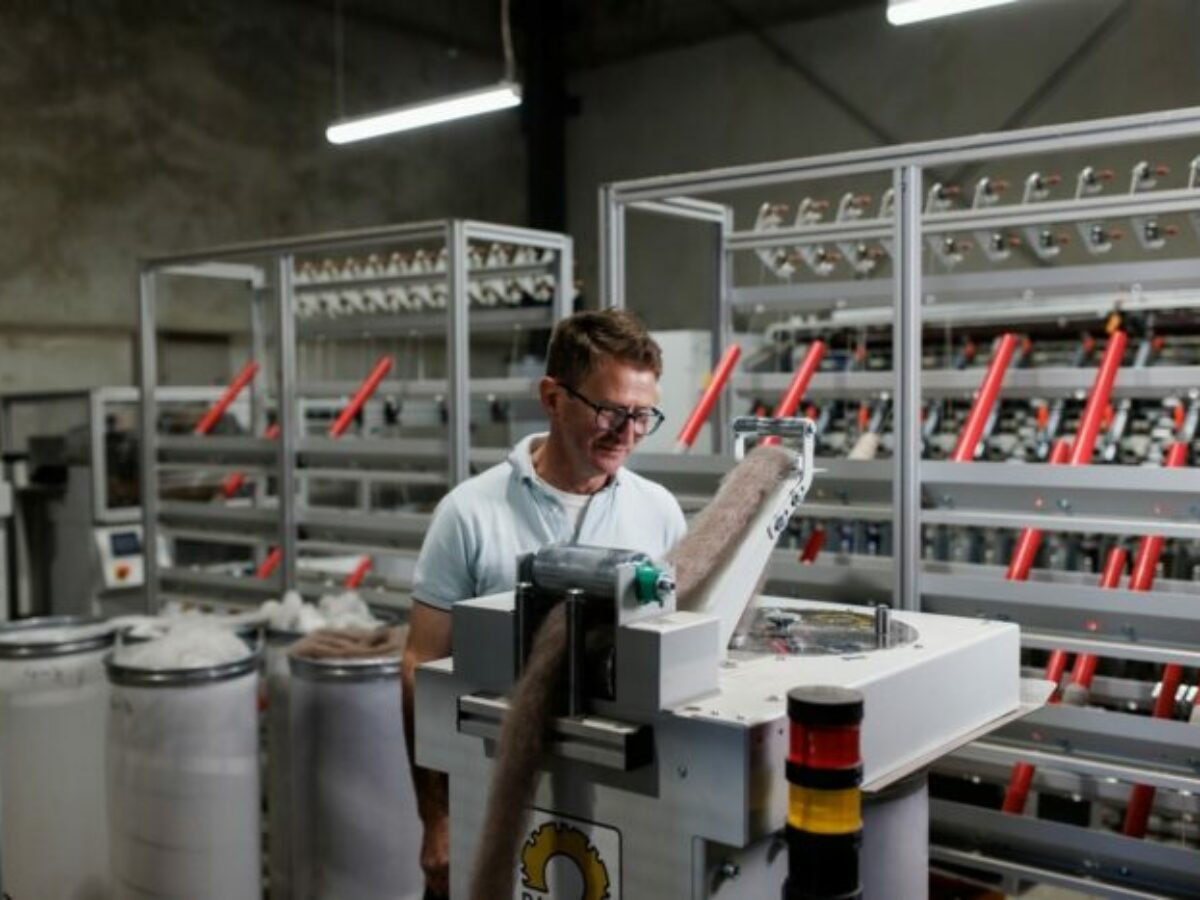New research highlights importance of hands-on skills

A generational loss of crafts and hands-on skills sees Australia's ability to sustain a manufacturing base under threat, according to a University of South Australia researcher.
University of South Australia Professor of Culture and Creative Industries and Director of the Creative People, Products and Places Research Centre, Susan Luckman, said that craft skills in the workforce have shrunk since 2006.
Her research cites the number of skilled craft workers decreasing in the 2021 census, while “income and thus gross value added (GVA) grew, evidencing the ongoing value of these skills to the future of making in Australia” as well as their disappearance.
“The biggest threat to Australia’s making economy is its ageing workforce. Australia benefited hugely from trade-skills migration in the decades following WW2 and up until the 1980s we had a strong domestic manufacturing sector,” Luckman said in a statement on Thursday.
“Subsequent offshoring of manufacturing has meant that craft skills have not been sustained and replenished in the Australian workforce.”
A 2021 study found that the nation’s craft economy employed 116,538 – 1.1 per cent of the total workforce – and created $19.2 billion in gross value added, making it slightly larger in size and impact than the sports economy.
Luckman has spent the last four years on her Australian Research Council-funded project, conducting nearly 50 interviews with people from craft and manufacturing organisations, as well as sole traders, with participants including shoemakers, potters, sail makers, and sculptors.
She recommended technology be embraced and that traditional and digitally-oriented ways of making be combined.
“We are seeing manual skills and digital skills as separate spheres, and this is a problem. Digital technologies can revolutionise advanced manufacturing by re-imagining our processes of production and turnover,” said Luckman.
“If we want to rebuild our domestic manufacturing capacity, we need renewed support for hands-on craft skills training, and we need to be supporting greater collaboration with industry alongside the roll-out of digital technology.”
Her report with Dr Ash Tower, The value of craft skills to the future of making in Australia, can be accessed here.
Picture: credit UniSA
@aumanufacturing Sections
Analysis and Commentary Awards casino reviews Defence Gambling Manufacturing News Online Casino Podcast Technology Videos





